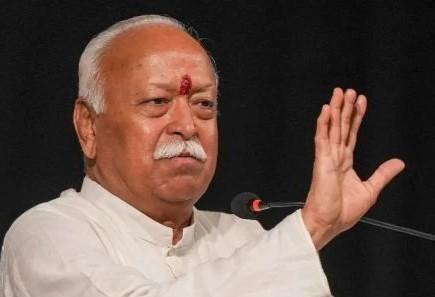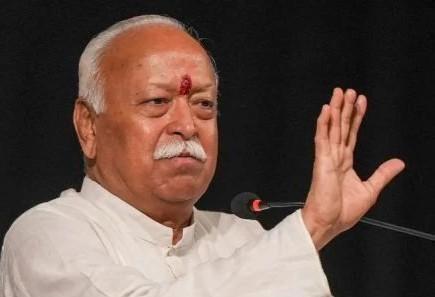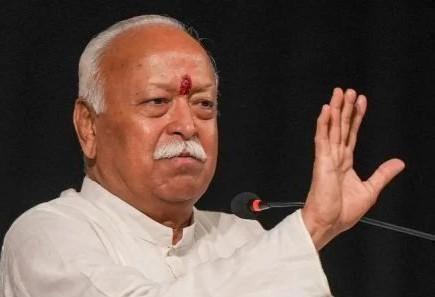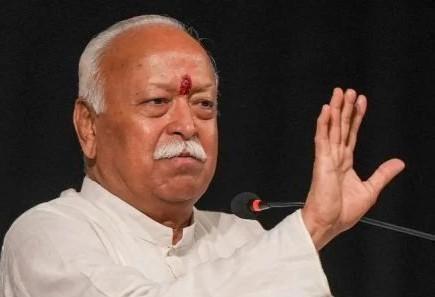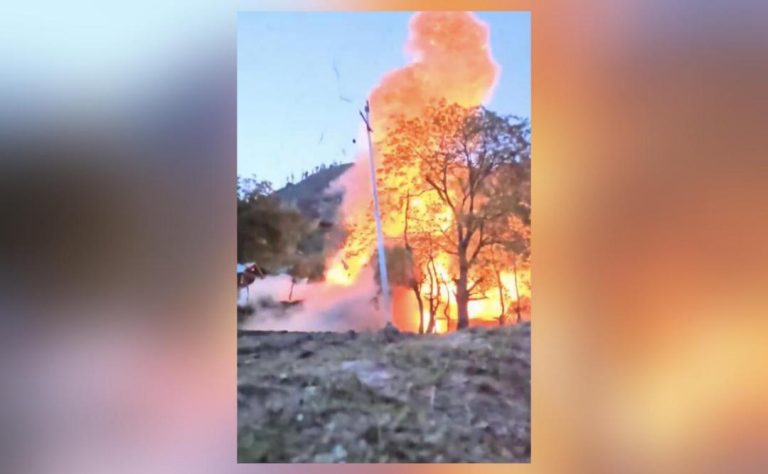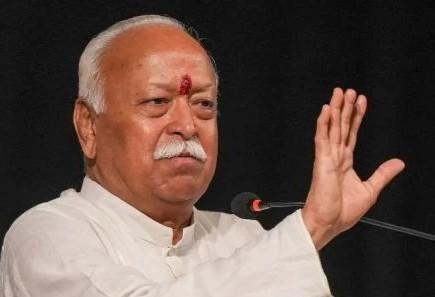
If Someone Turns to Evil, Then We’ll Teach a Lesson: Bhagwat on J&K Attack
India has faced numerous terror attacks in the recent past, and the latest one in Pahalgam has left the nation in shock. In the wake of this heinous act, Rashtriya Swayamsevak Sangh (RSS) chief Mohan Bhagwat has made some thought-provoking statements. In a recent interview, Bhagwat emphasized that non-violence is indeed India’s religion, but so is teaching a lesson to those who oppress and hooligan.
The RSS chief’s comments have sparked a heated debate, with many questioning the fine line between self-defense and revenge. While some have praised Bhagwat’s stance, others have criticized it, labeling it as a call for violence. However, it is essential to understand the context and nuances of Bhagwat’s statement before jumping to conclusions.
In the interview, Bhagwat stressed that India’s culture is based on non-violence, and the country has always been a proponent of peace and harmony. He emphasized that India never harms or disrespects its neighbors, and instead, has always been a victim of violence and aggression. However, he also pointed out that there are those who are bent on being evil and wreaking havoc on innocent civilians.
When asked about the government’s role in protecting its citizens, Bhagwat said, “The king’s duty is to protect the people, and he will do his duty.” He emphasized that the government has a responsibility to ensure the safety and security of its citizens, and if someone turns to evil, then it is the duty of the government to teach them a lesson.
Bhagwat’s statement is not an endorsement of violence or revenge, but rather a recognition of the harsh reality that exists in today’s world. In a world where terrorism and extremism are on the rise, it is essential to understand that sometimes, strong measures need to be taken to protect innocent lives.
However, it is also crucial to ensure that these measures are taken in a responsible and humane manner. As Bhagwat himself emphasized, India’s culture is based on non-violence, and any action taken to protect its citizens must be done with this in mind.
The RSS chief’s statement has also sparked a debate about the role of religion in politics. Some have accused Bhagwat of using religion to justify violence, while others have praised his commitment to upholding Hindu values. However, it is essential to recognize that Bhagwat’s statement is not an attempt to use religion to justify violence, but rather a recognition of the importance of faith in shaping our values and beliefs.
In conclusion, Bhagwat’s statement is a call to action, urging the government to take strong measures to protect its citizens and teach a lesson to those who oppress and hooligan. While some may criticize his stance, it is essential to understand the context and nuances of his statement. India’s culture is based on non-violence, and any action taken to protect its citizens must be done with this in mind.
Source: https://youtu.be/SpAKVWl5wII
